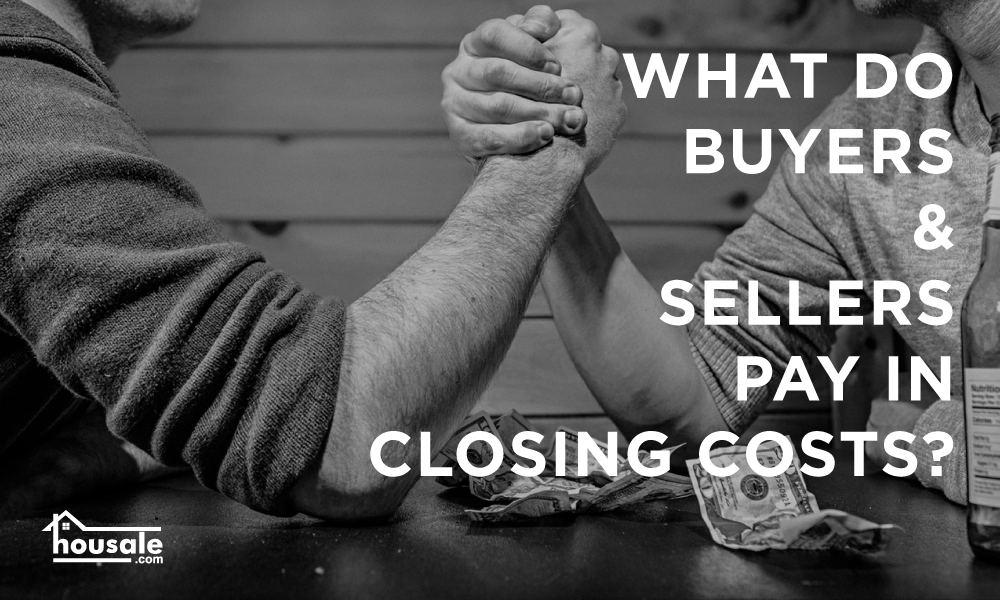
24 Aug What Do Buyers and Sellers Actually Pay In Closing Costs?
What are closing costs?
In a real estate transaction, the closing is when the seller conveys the title to the property to the buyer. Closing costs are payments made to various parties at the closing of a real estate transaction.
Who pays closing costs?
Whenever a home is sold, you will encounter closing costs and the party who pays each costs varies. Usually, a seller will be liable for the cost of commissions and the buyer is responsible for the smaller costs associated with fees.
Its not difficult to find out an estimate of what your closing costs will be on either side of the transaction. You can ask your broker, agent or real estate lawyer. Once you have a signed purchase contract with a closing date, you can estimate your exact closing costs as specified in the agreement.
Sellers pay the biggest piece: commission.
A seller’s closing statement will almost always be shorter than the buyer’s. However, because the commissions are such a large cost, the seller is usually liable for more cash closing costs than the buyer. Commissions are calculated using a percentage (usually around 4%-6%) of the property sale price.
On top of this, sellers will traditionally pay prorated homeowners association dues and the balance of their property taxes if any are owed.
Buyers take line-item costs.
A buyer tends to be responsible for the smaller expenses of the closing, while the seller ends up with the larger costs of commissions. Usually, buyers who aren’t paying cash will pay fees like these:
Prepaid insurance
Bank processing fee
Tax servicing fee
Credit report fee
Recording fee
Title insurance
Appraisal fee
Origination fee
Prepaid interest
Flood certification fee
Notary fee
Be sure to go through each of the fees in your agreement with your agent, broker or real estate attorney.
Negotiations are possible.
If you’re lucky enough to be asking for a price reduction on a property you’re buying, you may want to consider asking for a reduction in your closing costs instead. For example, a 2k cash credit that goes towards closing costs will reduce your cash payments (closing costs), whereas a 2k reduction in the property price will only reduce your monthly mortgage by less than a few bucks.
The key to making sure you’re getting the best deal is understanding the process so you can make informed decisions.



No Comments